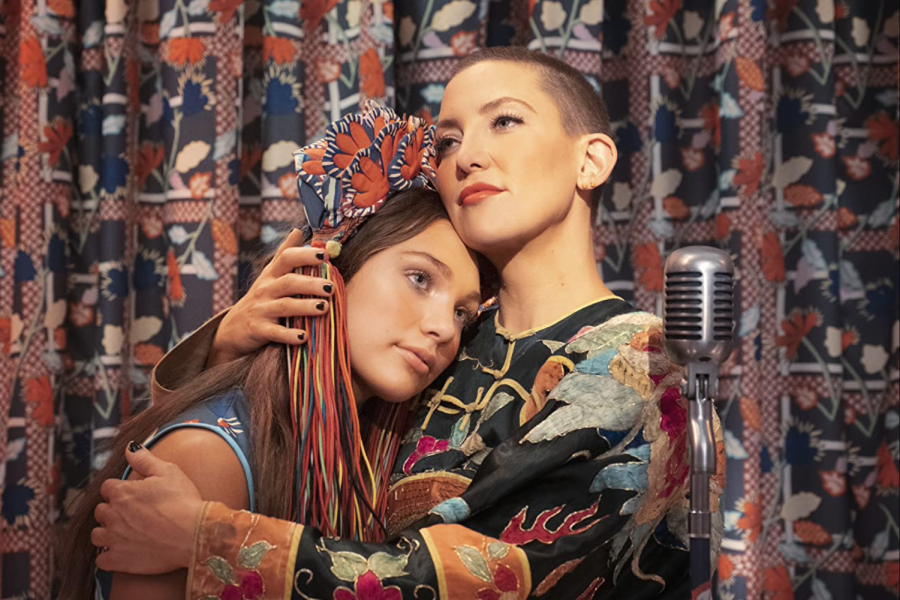Sia’s movie ‘Music’ faces backlash over ableism, autism depiction
February 17, 2021
Pop singer Sia released her debut film “Music” starring Maddie Ziegler on Feb. 10. The film follows Zu, newly sober who must take care of her autistic half-sister Music after receiving news that she is now the sole guardian. What was meant to be a feel-good movie dealing with themes such as “finding your voice and creating family” was misguided into an “unsettling” film utilizing abilistic caricatures to represent autism.
Critics have been calling Sia’s movie a “sentimental atrocity” with “so, so many bad decisions.” Besides just angering critics, it has outraged the autism community for both the casting of a neurotypical actress in the role of an autistic character and showing scenes where the character is being restrained.
The autistic community has been fighting for decades to end the use of restraints which can traumatize and even kill.
“Had the filmmakers chosen to meaningfully involve autistic people from the beginning, we could have told them how catastrophically irresponsible it is to encourage viewers to use that kind of deadly restraints,” Zoe Gross, director of advocacy at the Autistic Self Advocacy Network said in a statement.
The film, which received two Golden Globe nominations earlier this month for best motion picture, musical or comedy and best actress in a musical or comedy (Kate Hudson, who plays Zu), will now include a disclaimer about the restraint in the beginning of the film.
“MUSIC in no way condones or recommends the use of restraint on autistic people,” the disclaimer reads. “There are autistic occupational therapists that specialize in sensory processing who can be consulted to explain safe ways to provide proprioceptive, deep-pressure feedback to help (with) meltdown safety.”
Sia has since deleted her Twitter account and apologized, claiming that she “listened to the wrong people and that is my responsibility, my research was clearly not thorough enough, not wide enough.”
Ziegler’s performance of depicting an autistic character has also been under fire as well. Many critics believed that she looked and acted ridiculous and made a mockery of real autistic people.
“I don’t like the portrayal of the young autistic woman. I feel like (Zielger) was doing parody,” Camille Proctor, executive director and founder of The Color of Autism Foundation said in an interview with USA Today.
Many pointed out that the movie was really about Hudson’s character rather than Music. It seemed to focus on the struggles and the responsibilities that Zu had to take on to care to Music. Music had no other personality besides being autistic. The only glimpse of her character was in the form of interpretive song-and-dance numbers that were meant to put viewers in her mind, but in reality they seemed like cheap advertisements for Sia’s songs. The viewers never get a sense of Music’s personality or perspective.
Cal Montgomery from disability-led nonprofit organization, Communication First advised Sia about the film, but his suggestions were “ignored.” Montgomery especially took issue with Music’s lack of grief when her grandmother died. “Her grief wouldn’t look the same as neurotypical grief, and she obviously wouldn’t be expressing in words. But you would expect a great deal of distress, not just when the routines are broken, but just at the fact that somebody really important to her has vanished and yet she’s portrayed as basically unconnected to people,” Montgomery said in a statement. Music’s non-human portrayal has been heavily criticized. Not all autistic people are the same and they have emotions just like neurotypical people.
The bright and colorful song-and-dance scenes really clash with the heart of the film, which follows a struggling woman who just got sober and an autistic teenager who just lost their grandmother. Those scenes seem cartoony, which is another example of Sia’s poor interpretation.
“I’m sorry,” Sia simply said in a tweet.


